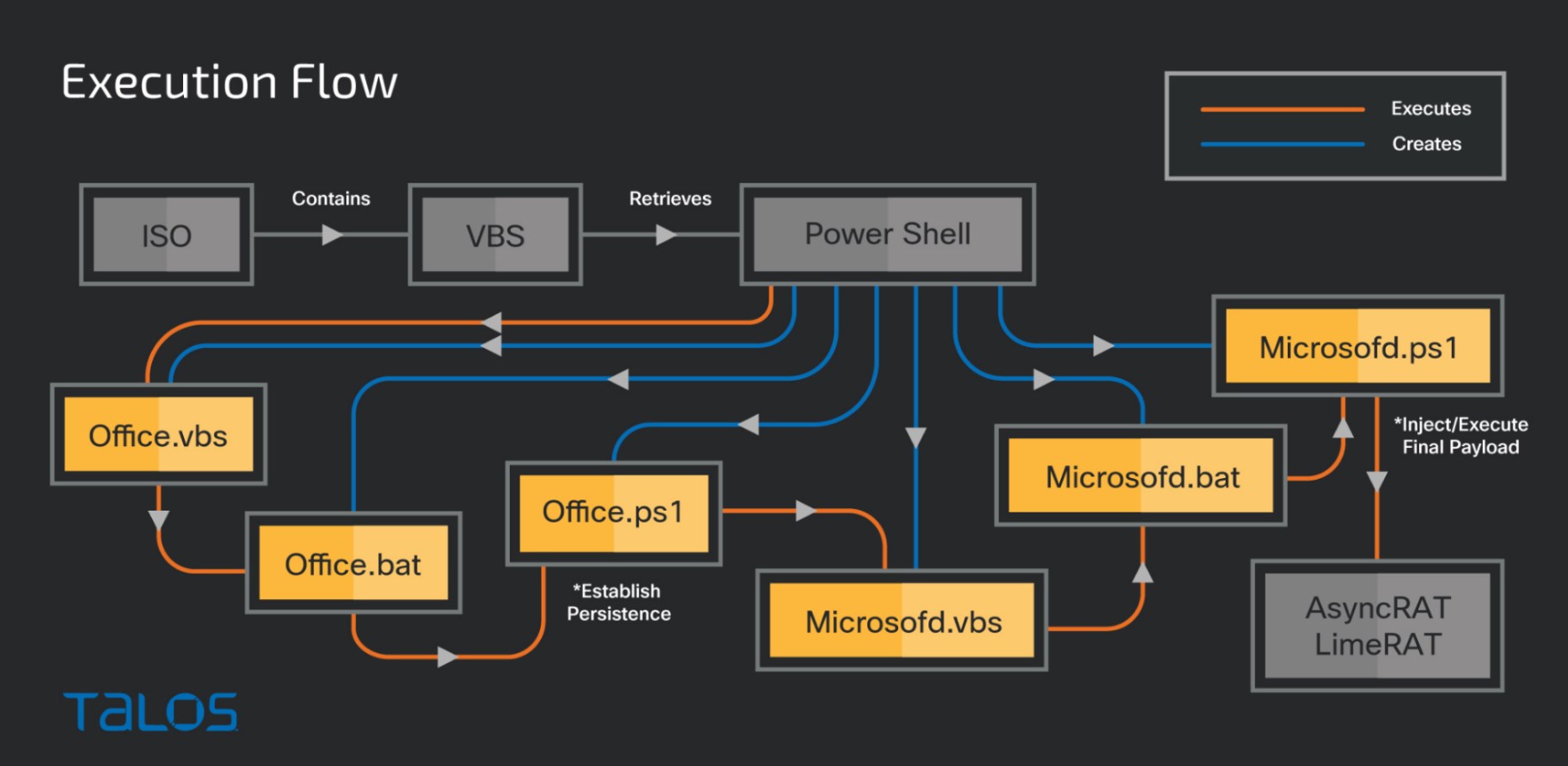|
Introduction: Blockchain technology has the potential to revolutionize various industries, and one area where it holds immense promise is democratic processes. Blockchain-based voting systems are emerging as a secure, transparent, and efficient solution to traditional voting methods. This article explores the benefits and challenges of implementing blockchain in voting systems and its potential implications for democracy. Enhanced Security: One of the primary advantages of blockchain-based voting systems is enhanced security. Traditional voting methods are susceptible to fraud, tampering, and hacking. By leveraging the decentralized nature of blockchain, these systems can ensure immutability and integrity of voting records. Each vote is recorded on the blockchain, making it nearly impossible to alter or manipulate the results without consensus from the entire network. Transparency and Auditability: Transparency is crucial for maintaining trust in democratic processes. Blockchain technology provides a tamper-proof and transparent platform for recording and verifying votes. Every transaction on the blockchain is permanently recorded and can be audited by anyone with access to the network. This transparency builds confidence among voters and eliminates doubts about the accuracy and fairness of the electoral process. Eliminating Intermediaries: Blockchain-based voting systems have the potential to eliminate intermediaries, such as election officials or third-party auditors. The decentralized nature of blockchain allows direct participation of voters while minimizing the need for intermediaries, thereby reducing costs and streamlining the voting process. This not only increases efficiency but also reduces the risk of manipulation or bias. Accessibility and Inclusion: Traditional voting methods often pose barriers to accessibility and inclusion, particularly for individuals with disabilities or those residing in remote areas. Blockchain-based voting systems can overcome these challenges by providing secure online voting platforms accessible to all. With proper authentication mechanisms in place, voters can cast their ballots remotely, ensuring equal participation and representation for all citizens. Challenges and Considerations: Implementing blockchain-based voting systems is not without challenges. Some key considerations include scalability, privacy concerns, identity verification, and ensuring a secure infrastructure free from vulnerabilities. Additionally, educating the public and addressing skepticism surrounding new technologies would be essential for widespread adoption. Conclusion: Blockchain-based voting systems have the potential to revolutionize democracy by offering enhanced security, transparency, and accessibility. These systems can empower citizens by providing them with direct control over their votes while maintaining the integrity of the electoral process. While challenges exist, continued research, development, and collaboration between technology experts and policymakers are crucial in harnessing the full potential of blockchain for democratic processes. The future of voting lies in the fusion of technology and democracy, and blockchain is at the forefront of this transformation.  |
